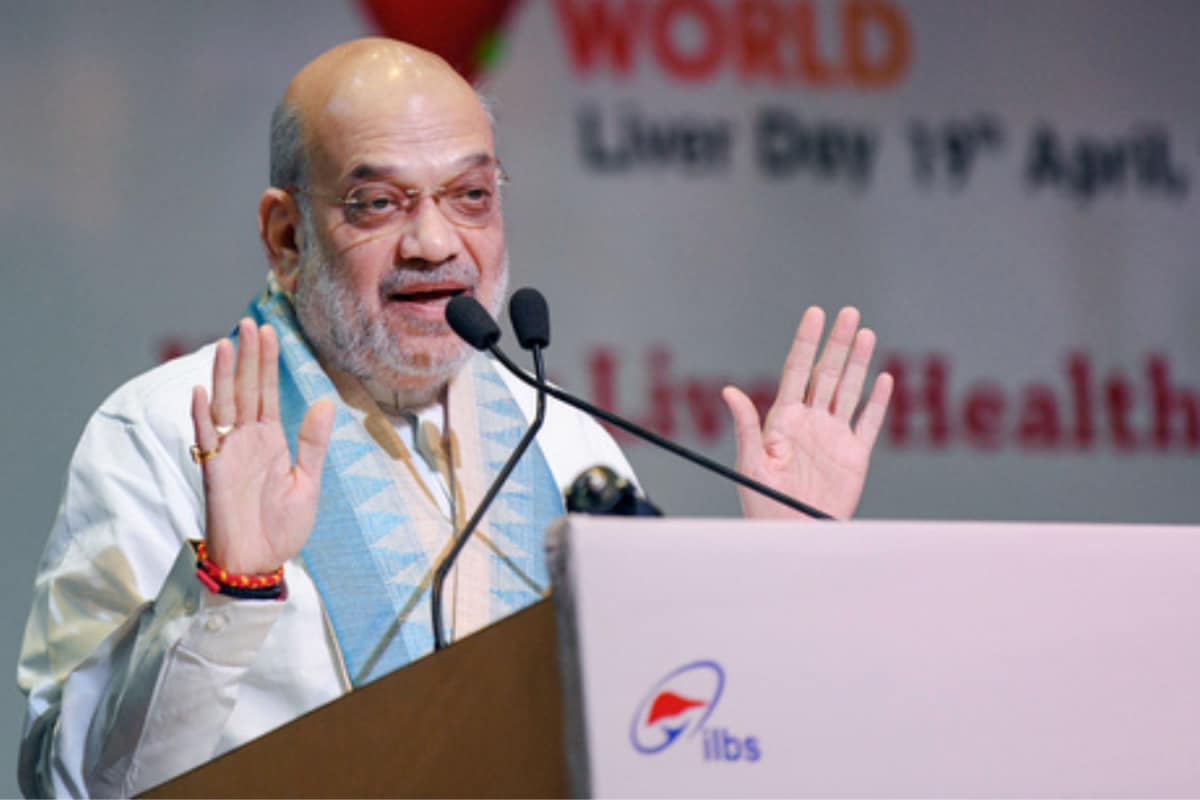

Amid escalating tensions between India and Pakistan, the Indian Ministry of Home Affairs (MHA) has directed all states and Union Territories to invoke emergency powers under civil defense rules. This directive aims to ensure the efficient implementation of necessary precautionary measures.
Background of Rising Tensions
The recent surge in tensions follows India's reported military strike on nine terror targets in Pakistan and Pakistan-occupied Kashmir. This action, dubbed "Operation Sindoor," was reportedly a response to the killing of 26 people in Jammu and Kashmir's Pahalgam. Pakistan has denied the strikes occurred, but has also vowed to respond, calling the strikes an "act of war".
In response to India's actions, Pakistan allegedly attempted to target military stations in Jammu, Pathankot, Udhampur, and other locations with missiles and drones, but these attempts were reportedly thwarted by the Indian military. Shelling has also continued along the Line of Control (LoC) and International Border (IB) in Jammu and Kashmir, Punjab, and Rajasthan. Visuals have circulated on social media purportedly showing damage to Karachi port from an Indian missile strike, though these reports remain unconfirmed.
MHA Directive: Invoking Emergency Powers
In light of these developments, the MHA's directive to invoke emergency powers signifies a move to enhance preparedness and ensure public safety across India. The specific measures that states and UTs may take under these powers can include:
Civil Defence Rules
The emergency powers are to be invoked under the Civil Defence Rules. These rules provide a framework for states and UTs to take necessary actions to protect civilians and property in the event of a war-like situation or external aggression.
Other Developments
The invocation of emergency powers by states and UTs, coupled with heightened military activity and diplomatic engagements, underscores the gravity of the current situation between India and Pakistan.